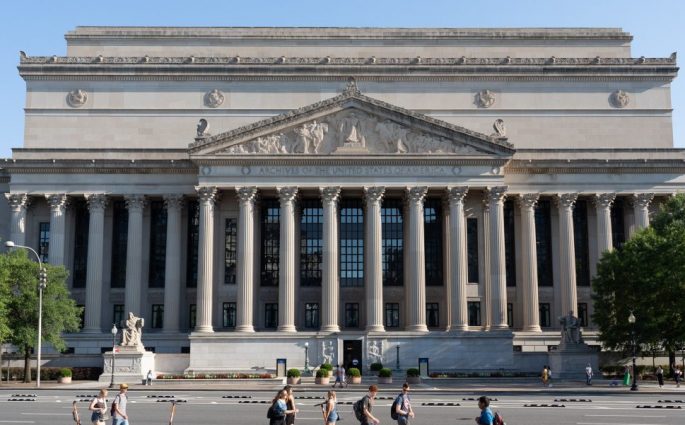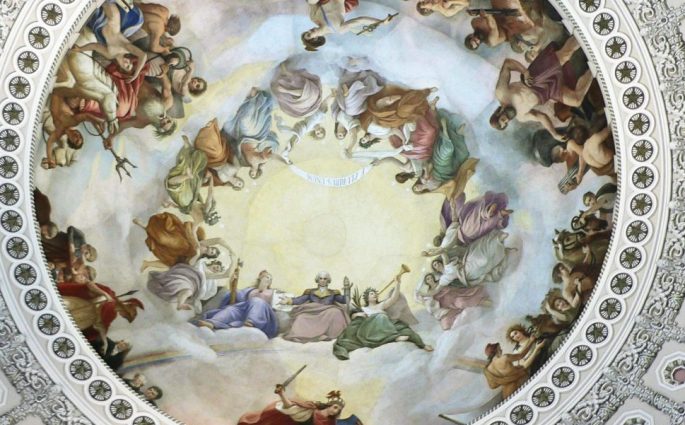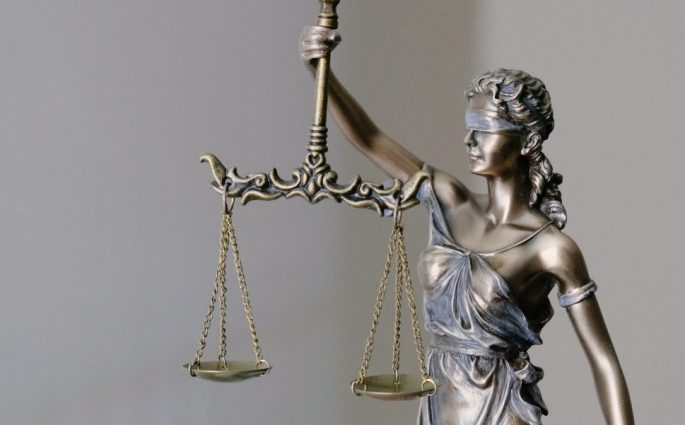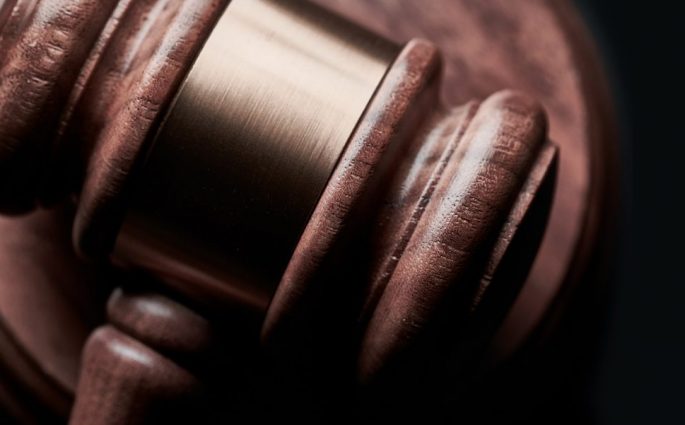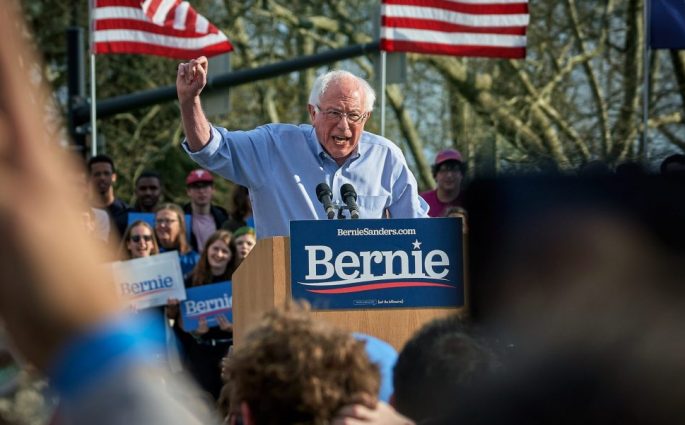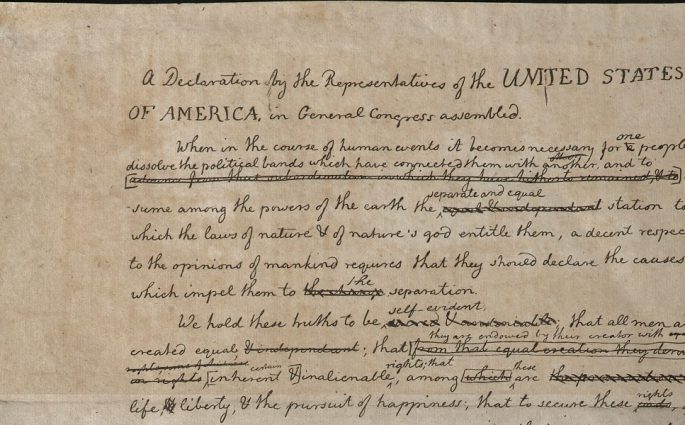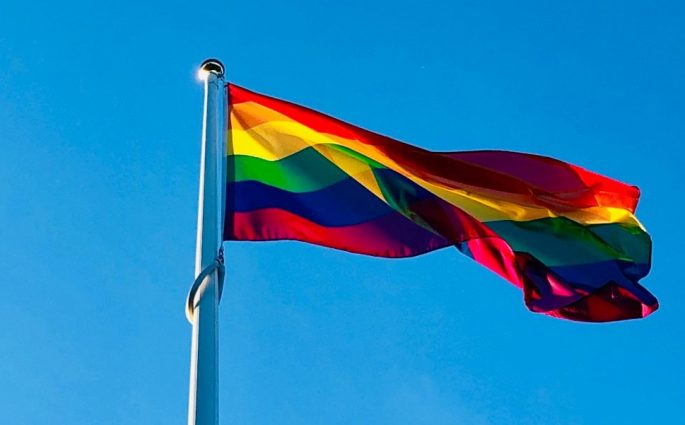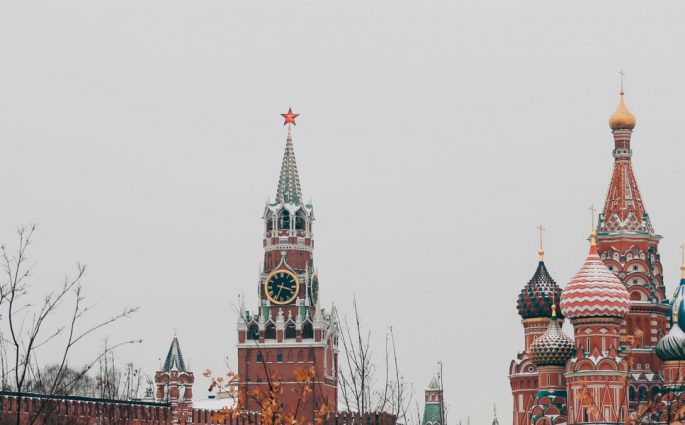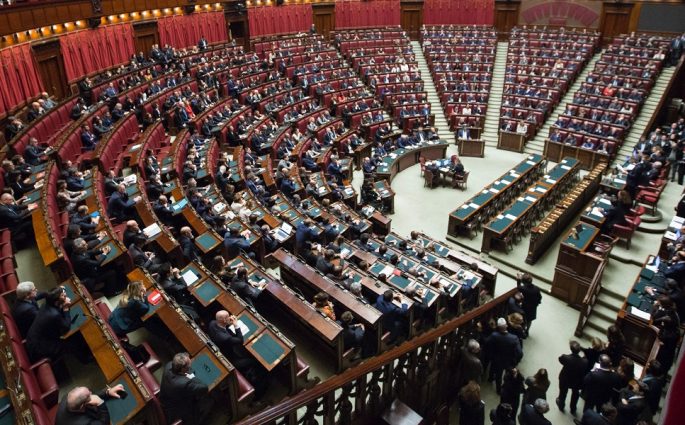Constitutional Reform
Robinson Woodward-Burns— The federal framers signed the Constitution in Philadelphia on September 17, 1787. The following July 4, Philadelphians celebrated the Constitution’s ratification with a mile-long “Grand Federal Procession,” led by a six-horse coach ornamented by a thirteen-foot gilded copy of the Constitution held by an eagle bearing the phrase

